Substance Abuse Among Medical Patients: A Hidden Truth – JeanAnne Johnson Talbert | Available Now !
$199.00 Original price was: $199.00.$56.00Current price is: $56.00.
Substance Abuse Among Medical Patients: A Hidden Truth – JeanAnne Johnson Talbert | Instant Download !
Sale page_https://catalog.pesi.com/item/13709/
Archive: https://archive.fo/NLHBv
- Pharmacology of abused substances
- Effective screening of medical patients for substance use disorders
- Assessment and treatment of withdrawal symptoms
- Emergency interventions
- Medical complications of substance use disorders
The typical med/surg nurse cares for 6 patients in a shift. Statistics indicate that 2 of those patients have an underlying substance use disorder. Are you prepared to deal with withdrawal symptoms? Do you know how to assess for them?
A patient is recovering from his knee surgery and is reporting 10/10 pain. This seems impossible to you, as you have given him 20mg of IV Dilaudid. You think to yourself, “He should be apneic with that much Dilaudid!” How is this patient requiring so much opiate analgesia – and how much can you really give him?
A patient is admitted to the hospital for a leg abscess. She reports that she was bitten by a spider and it continued to get worse. She is receiving IV antibiotics. As you assess her, you notice strange looking vein patterns – almost as if her veins were black beneath the skin. Later in your shift, she begins sweating profusely, has diarrhea and begins yelling that her skin is crawling and her joints hurt tremendously. What is going on with her?
With the pervasive problems our society has with substance abuse, it is imperative that healthcare professionals have skill to meet the physical and psychological needs of those trusted to our care. JeanAnne Johnson Talbert, DHA, APRN-BC, FNP, PMHNP, AOCN, CARN-AP, will draw from her vast expertise during this practice-changing one-day event. You are guaranteed to leave with new ideas and insights to tackle the often “Hidden Truth” behind the complex medical patients you see.
OUTLINE
Case Studies of Hidden Substance Use Disorders in Medical Patients: What Does it Look Like?
- In pregnant patients
- In general medical patients
- In surgical patients
Why is This Topic so Important? And so Challenging?
- Biostatistics
- Actual relevance in practice
- Morbidity and mortality – complications of substance use disorders
What Do These Substances Actually Do Within the Body?
- Pharmacokinetics and pharmacodynamics principles
- Reinforcement
- Tolerance and cross-tolerance
- Physical dependence
- Conditioning
- Sensitization
- Pregnancy-related complications
What Substances Are We Talking About?
- Alcohol
- Sedative/Hypnotics
- Opioids
- Stimulants
- Dissociatives
- Inhalants
- Cannabinoids
- Anabolic steroids
- Club drugs
- Nicotine
Street Drugs and Terminology
- Interpreting patient language
- What drugs are they talking about?
Neurobiology of Substance Abuse: You Mean it’s Not a Choice?
- Neurobiology and anatomy of the normal brain
- Substance abuse as a brain disease
- Genetic and environmental influences
Mental Illness and Substance Abuse “Dual Diagnosis”
- Co-occurring illnesses
- Traits and theories surrounding the two
Screening and Assessment Techniques
- Effective questionnaires to screen for substance use
- Techniques to promote open and honest communication from the patient
- Working with the pregnant patient who uses substances
- Assessing your own biases – and how to not let them interfere with your work
The Patient with an Underlying Substance Use Disorder: Withdrawal Symptoms & Emergency Treatments
- Anticipation/prevention of withdrawal symptoms
- Withdrawal protocols
- Medications to treat withdrawal symptoms
- Emergency treatments
- Treatment of the newborn following exposure to substances
- Safety for patients/family/staff
- Effective pain management
- Motivational interviewing – Assessing how to refer the patient following discharge from the hospital
OBJECTIVES
- Evaluate the epidemiological trends of substance use disorders and how these disorders affect our medical patients.
- Differentiate between the substances of abuse seen presently in practice to understand the pharmacology of these substances.
- Recognize the terminology used to refer to street drugs today.
- Explain the neurobiology of substance abuse.
- Assess and screen for substance use disorders.
- Formulate an appropriate treatment plan for patients with a history of substance use disorder, including managing pain effectively.
- Analyze the relationship between various medical complications associated with substance use.
- Manage your own identified biases when working with patients who have substance use disorders.
Tag: Substance Abuse Among Medical Patients: A Hidden Truth – JeanAnne Johnson Talbert Review. Substance Abuse Among Medical Patients: A Hidden Truth – JeanAnne Johnson Talbert download. Substance Abuse Among Medical Patients: A Hidden Truth – JeanAnne Johnson Talbert discount.
1 review for Substance Abuse Among Medical Patients: A Hidden Truth – JeanAnne Johnson Talbert | Available Now !
| 5 star | 100 | 100% |
| 4 star | 0% | |
| 3 star | 0% | |
| 2 star | 0% | |
| 1 star | 0% |
Sorry, no reviews match your current selections
Q & A
Ask a question
Your question will be answered by a store representative or other customers.
Thank you for the question!
Your question has been received and will be answered soon. Please do not submit the same question again.
Error
An error occurred when saving your question. Please report it to the website administrator. Additional information:
Add an answer
Thank you for the answer!
Your answer has been received and will be published soon. Please do not submit the same answer again.
Error
An error occurred when saving your answer. Please report it to the website administrator. Additional information:
Related products
Ecommerce
NLP & Hypnosis
Ecommerce
NLP & Hypnosis
NLP & Hypnosis
Ecommerce

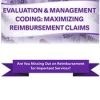
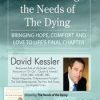
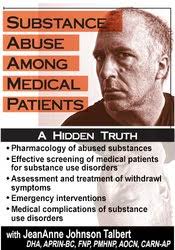
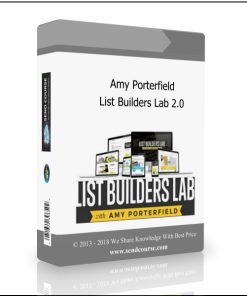

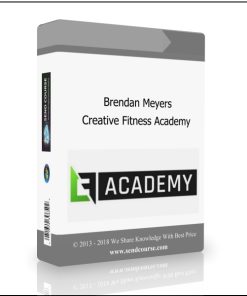

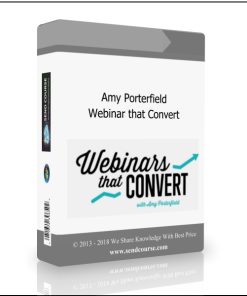

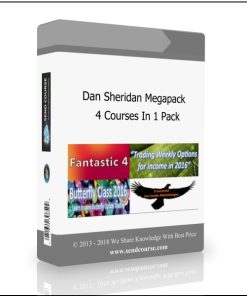

Very satisfied once again | Substance Abuse Among Medical Patients: A Hidden Truth – JeanAnne Johnson Talbert